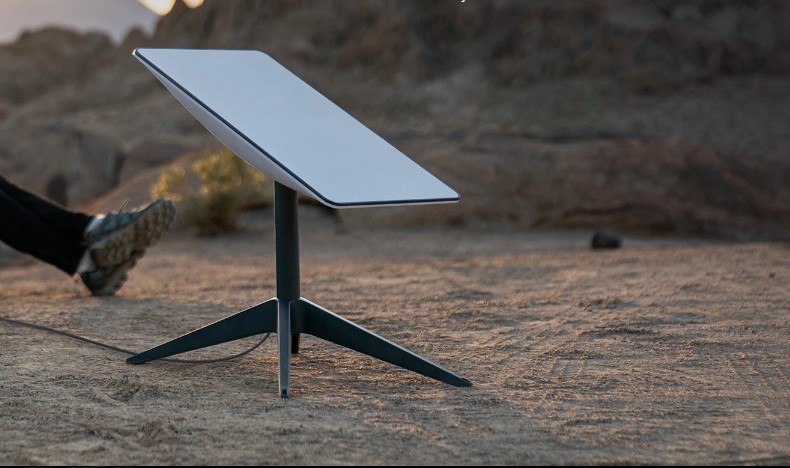seniorspectrumnewspaper – SpaceX has formally protested Virginia’s $613 million broadband expansion proposal, arguing the plan unfairly excludes its Starlink satellite service. The company claims the state favored costly fiber installations over more affordable. Ready-to-deploy satellite alternatives in its Broadband Equity Access and Deployment (BEAD) proposal.
Read More : LG Unveils UltraGear OLED 39GX900A with 65W USB-C
In a seven-page letter shared with media outlets, SpaceX described the plan as a “massive waste of federal taxpayer money.” Virginia selected Starlink for just 5,579 of the 133,000 broadband-eligible locations, awarding only $3.2 million in funding. SpaceX said it offered to serve nearly all BEAD-eligible households in Virginia for $60 million — a proposal it argues would have delivered faster and more cost-effective results.
The BEAD program, a $42.5 billion federal initiative, aims to bring high-speed internet to underserved communities. A recent policy update under the Trump administration emphasized “technology neutrality,” signaling a shift from prioritizing fiber networks to allowing satellite and fixed wireless solutions to compete for funding.
Despite this change, Virginia’s plan continues to rely heavily on fiber deployments. These fiber connections can cost between $6,000 and $8,000 per site and may take up to four years to complete. In contrast, Starlink claims it could begin delivering internet access to these areas immediately and at one-tenth the cost.
Dispute Centers on Technology Neutrality, Speed, and Cost Efficiency
SpaceX’s main criticism is that Virginia’s BEAD proposal violates the principle of technology neutrality by pre-selecting fiber as the default solution. The company argues that the state used flawed analysis to justify this choice, including criteria like tree cover and future scalability, which skewed results toward fiber providers.
Starlink’s service offers download speeds between 100 Mbps and 300 Mbps. Although it requires a clear line of sight to the sky, recent hardware updates have improved its performance under tree cover. SpaceX contends that Starlink could meet the speed and latency benchmarks set by the BEAD program. Making it a viable alternative to fiber, especially in rural and hard-to-reach areas.
Virginia’s broadband office has yet to respond publicly to the letter. State documentation shows it considered technical performance and geographic challenges in awarding contracts. These factors may have influenced the decision to lean toward fiber, which can deliver gigabit speeds and operate more effectively in areas with dense tree cover.
Read More : Gemini AI by Google Gains Auto Memory for User Preferences
SpaceX is urging the National Telecommunications and Information Administration (NTIA) to reject Virginia’s final proposal unless it is revised to include more satellite-based projects. The NTIA must approve each state’s BEAD plan before federal funds are released. SpaceX insists that revising the plan to include Starlink would not delay broadband access but instead speed it up by relying on providers already operating in the state.
Similar concerns may arise in other states. Louisiana’s BEAD funding also favored fiber, though SpaceX has not said whether it will challenge that plan. Meanwhile, some policy groups argue the BEAD program changes could reduce access to higher-speed fiber networks. Raising questions about the long-term goals of federal broadband investments.


